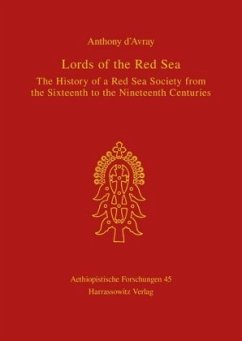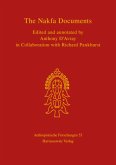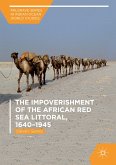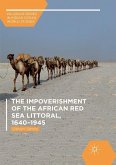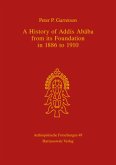Habab polity was, within living memory, one of a lord (Shumagalle) and serf (Tigre) relationship. In the 1870s/1880s, the Habab were subjected to pressures from the strong characters ruling in the surrounding lands: Ras Alula in the Hamasien, the Mahdist Emir Osman Digna, Colonel Kitchener, Governor of the Anglo-Egyptian enclave of Suakin, and in Massaua the Egyptians and later the Italians. In 1887, the Kantibai of the Habab signed a treaty of Protection with the Italians. In the period from 1887 to 1895, the Habab, in a fraught process, had to come to terms with the European concept of sovereignty.Anthony D'Avray's work is primarily based on documents left by Italian administrators based at Nakfa in Eritrea in the late 19th century. They reported matters of current importance, and also the extensive oral traditions of the Habab and other peoples of the Red Sea coasts. Other primary sources, notably from the Public Record Office in London supplement the Nakfa documents.
Bitte wählen Sie Ihr Anliegen aus.
Rechnungen
Retourenschein anfordern
Bestellstatus
Storno

